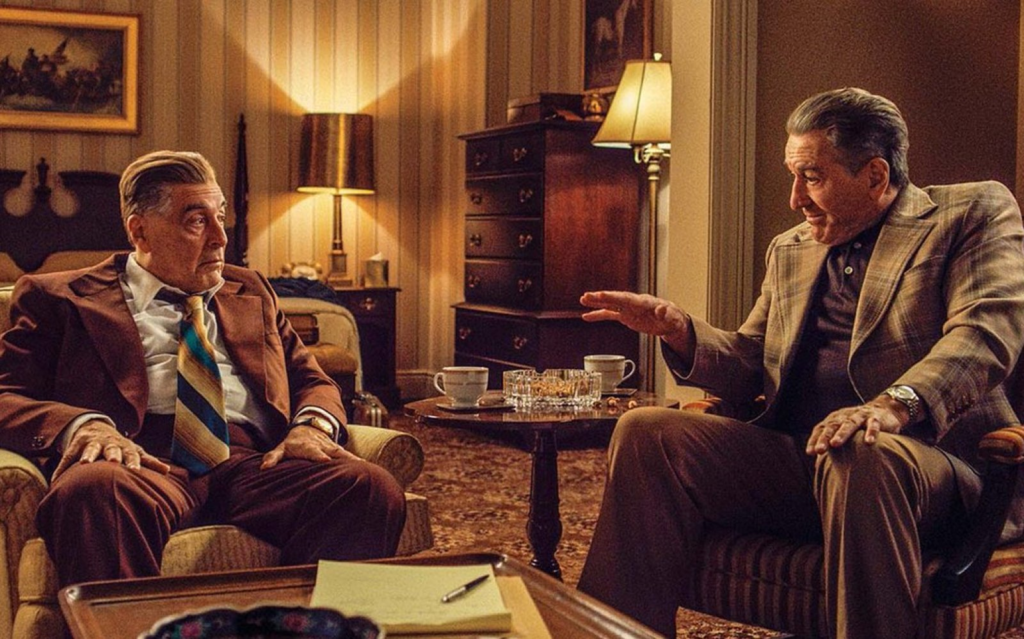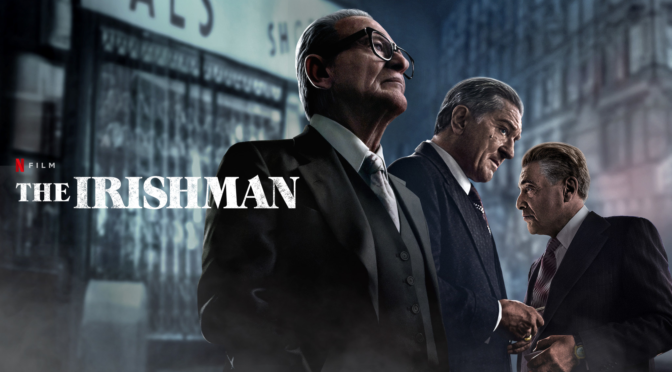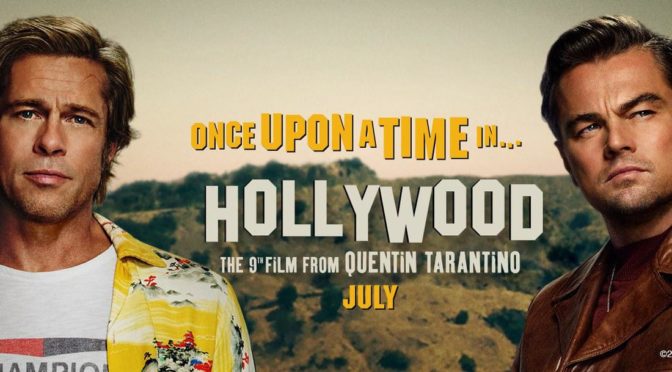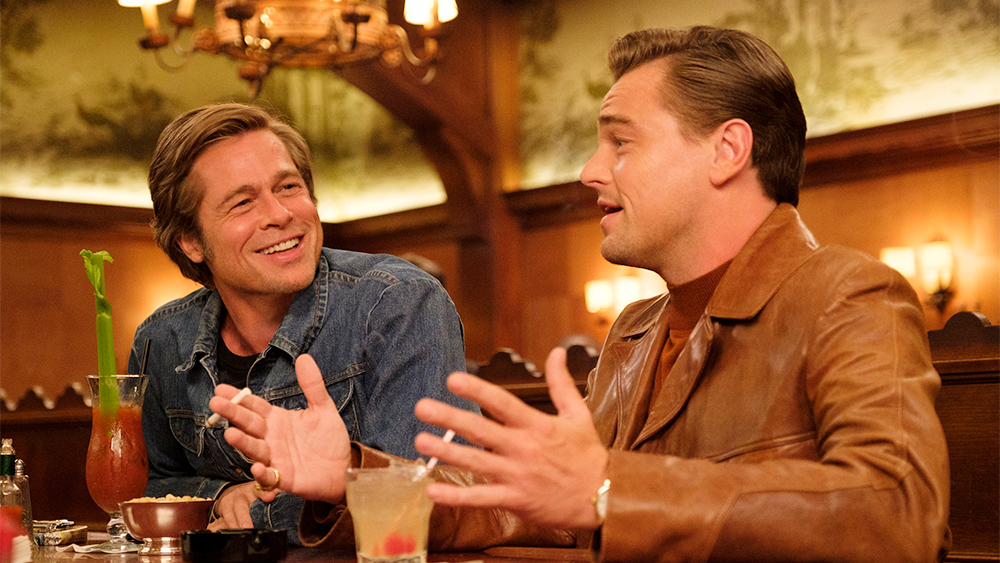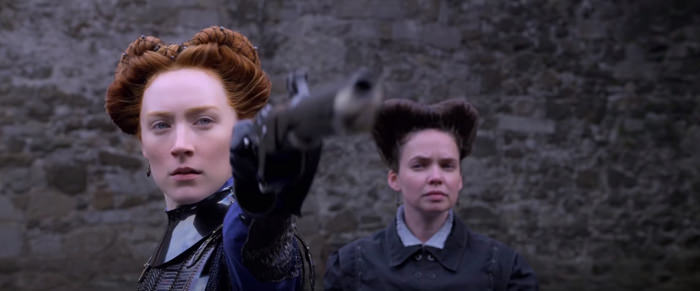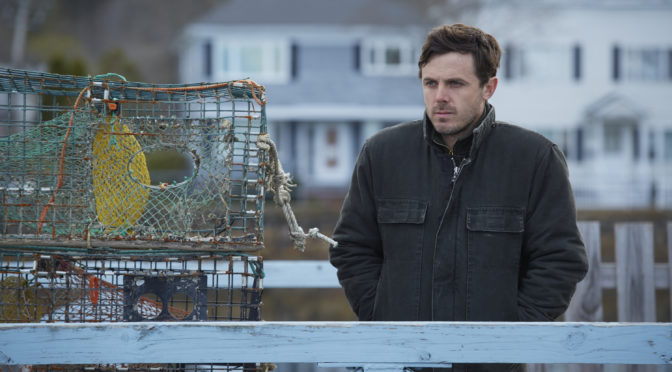[BS Note: This list was originally written in early 2014]
With the Golden Globes behind us and the Oscars coming up this weekend, it is a great time to celebrate some of the year’s best films. 2013 was a great year for film-making it was difficult to bring this list down to ten entries, but these are the films that resonated.
10. In a World…

Lake Bell (No Strings Attached) makes her feature writing and directing debut with In a World…, a comedy about a vocal coach, Carol (Bell), failing to find a place in the male dominated voice-over industry. Bell smartly mixes humor with the realities of attempting to break the glass ceiling, elevating the film from lighthearted comedy to sharp societal commentary.
Streaming options
9. Gravity
Gravity, like other films on this list, is about survival. Sandra Bullock (The Blind Side) plays a medical engineer on her first trip to space when a catastrophe occurs. Enough cannot be said about the way this film looks. The computer generated visual effects are stunning and cinematographer Emmanuel Lubezki’s (The Tree of Life) long takes with precise direction from Alfonso Cuarón (Children of Men) make the Gravity a gripping thrill ride in space.
Streaming options
8. 12 Years a Slave
It would be easy to look at the story of 12 Years a Slave and think that it is Oscar bait. A film based on a true story about a free man kidnapped from the North and sold into slavery in the South? The Academy should love that. But the movie is directed by Steve McQueen (Hunger, Shame) and he has no interest in the sentimental. The films depicts the horrific realities of life as a slave. What is most frightening is how common these acts were. Each brutality is accepted as a part of the natural order. The film’s traumatic imagery ensures that this period of US history and the film itself will not be forgotten.
Streaming options
7. Her

Set in a slightly futuristic Los Angeles, Her follows Joaquin Phoenix (The Master) playing Theodore Twombly, a man who writes heartfelt letters on behalf of strangers unable to do so. He is separated and lonely until he falls in love with an artificial intelligence named Samantha played by Scarlett Johansson (The Avengers). Director Spike Jonze (Adaptation) uses Samantha’s lack of a body to emphasize the emotional connection craved by Theodore. He lives in a crowded city but feels isolated from the people around him. The film shows each phase of their relationship and how Theodore changes as it progresses. Her succeeds by making a romance with a disembodied voice feel remarkably human.
Streaming options
6. The Hunt
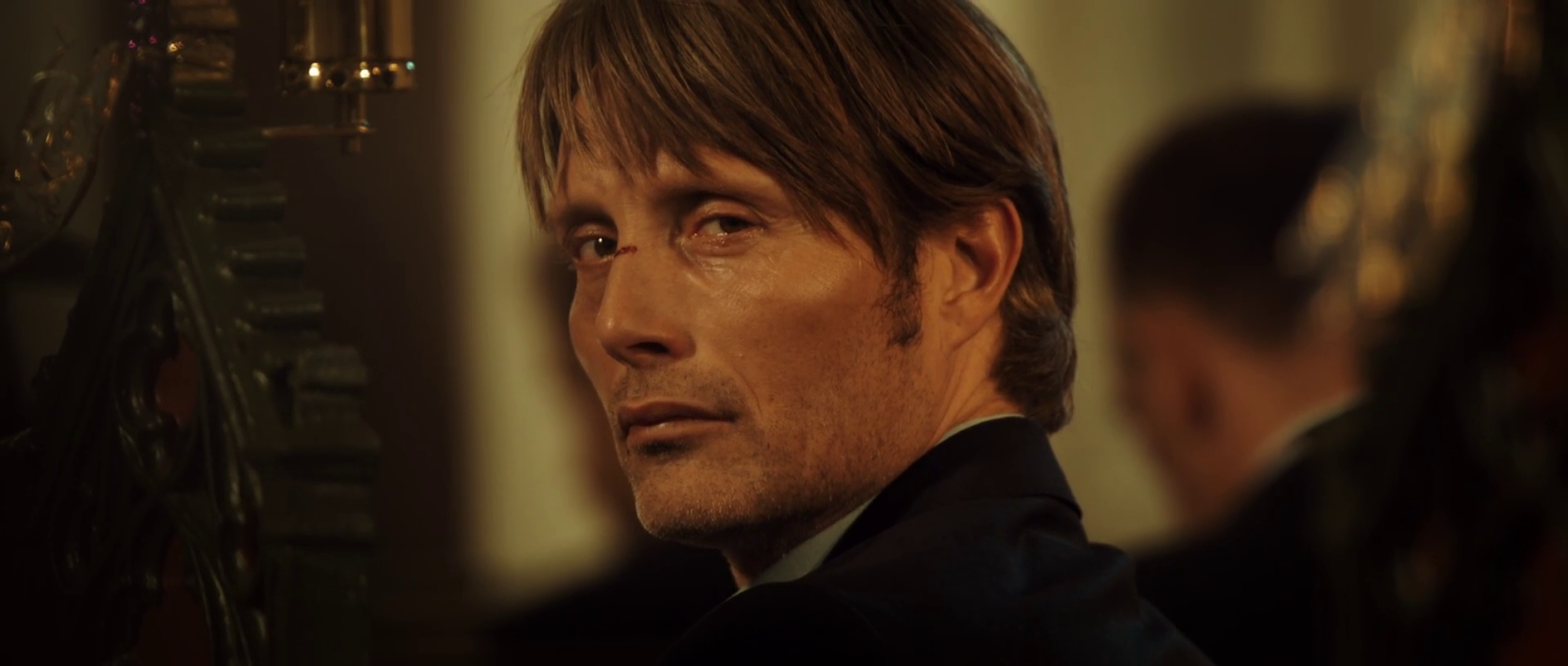
The Hunt is probably the most aggravating film of the year. In a good way. Mads Mikkelsen (Casino Royale) plays a kind, well-liked preschool teacher falsely accused of a terrible crime. The film follows him as he is ostracized out of every part of his small town. Because of the nature of the accusation his former friends and colleagues immediately abandon him. Innocent until proven guilty? Not for this crime. His descent continues as the film shows just how easily even the strongest relationships can shatter when someone cries wolf.
Streaming options
5. The Place Beyond the Pines

The Place Beyond the Pines is really a triptych: three stories linked by one key event. The first story is about a stunt motorcyclist turned bank robber played by Ryan Gosling (Drive). The second is about the cop that tries to catch him played by Bradley Cooper (Silver Linings Playbook) and the third is about the sons of the two. Directed by Derek Cianfrance (Blue Valentine), the film is at its best during small moments. The character interactions have a raw intensity that make them feel honest and real. The film shows that each action has its consequences and how each generation deals with the aftermath of the pervious.
Streaming options
4. The Past
The Past is a companion piece to Asghar Farhadi’s previous Oscar-winning film A Separation. Both films are about a divorce, but The Past is about characters dealing with the ramifications of their previous actions. It is a film that presents a relatively simple situation, a long separated couple finally filing the paperwork for divorce so the woman can marry her new boyfriend, and peels back layer after layer revealing the complicated, morally ambiguous chaos underneath. Farhadi manages to do this without creating “good” or “bad” characters. Everyone acts in a realistic, understandable way but also commit tragic mistakes that make the situation even thornier and his even-handed direction causes your sympathies to shift with each new revelation.
Streaming options
3. All is Lost
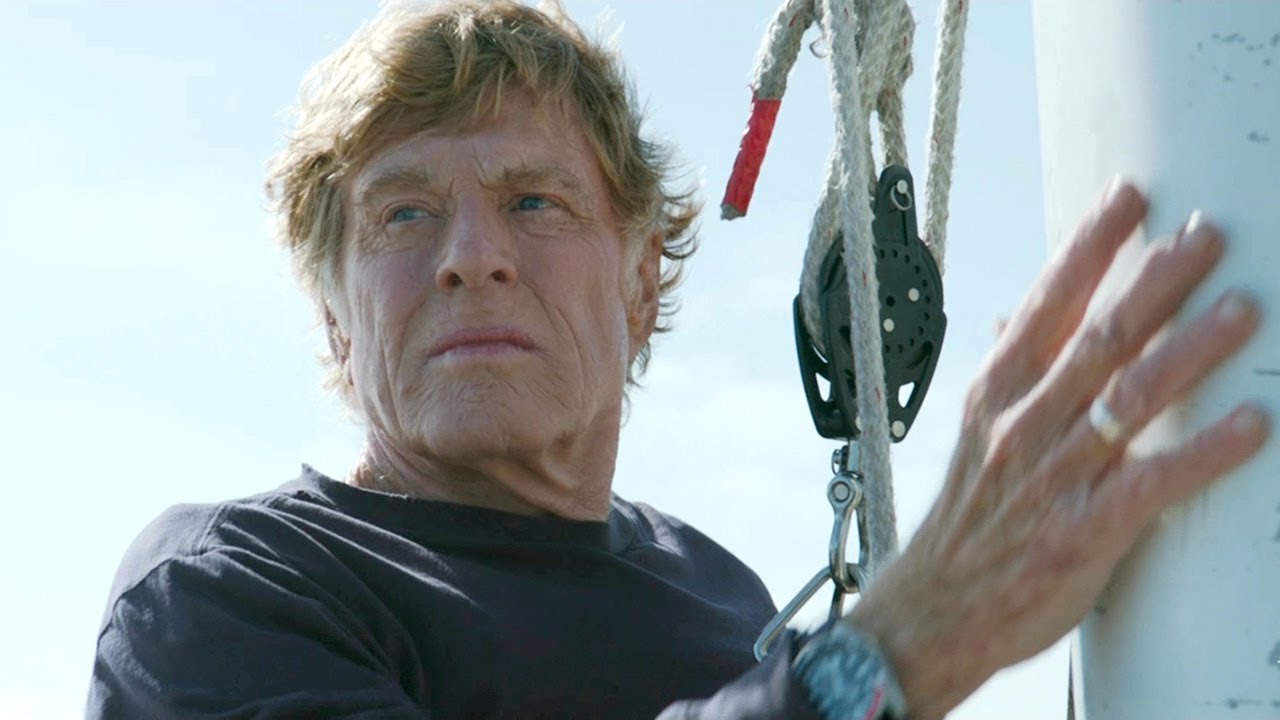
All is Lost is a demonstration of how great acting can carry a film. Robert Redford (Butch Cassidy and the Sundance Kid, All the President’s Men) plays a nameless man on a solo voyage through the Indian Ocean whose boat springs a leak. His performance, under the direction of J.C. Chandor (Margin Call), expresses feeling through subtle actions. A grimace or sigh conveys the struggles of the protagonist more than most voiceovers in other films. Despite containing no dialogue and only a few spoken words, it commands attention. The continued determination and resourcefulness of an elderly, but experienced sailor in the face of possible death make the film a tense and affecting adventure.
Streaming options
2. Inside Llewyn Davis
With Inside Llewyn Davis, the Coen brothers (No Country for Old Men, True Grit) have made yet another excellent film containing their signature dark humor and sardonic wit. Starring Oscar Isaac (Drive), the film has something unusual for the Coens: sincerity. The film is about a folk singer, Llewyn Davis, who wanders from gig to gig trying to find a record deal. He is mean to most of his friends and dismissive of other singers as sell-outs, but his quest for artistic purity gives the film an earnestness that elevates it above most of the Coen brothers’ works. Despite him being more or less detestable, the film creates empathy for the character because he is unwilling to compromise his beliefs even if that means he is never successful.
Streaming options
1. Before Midnight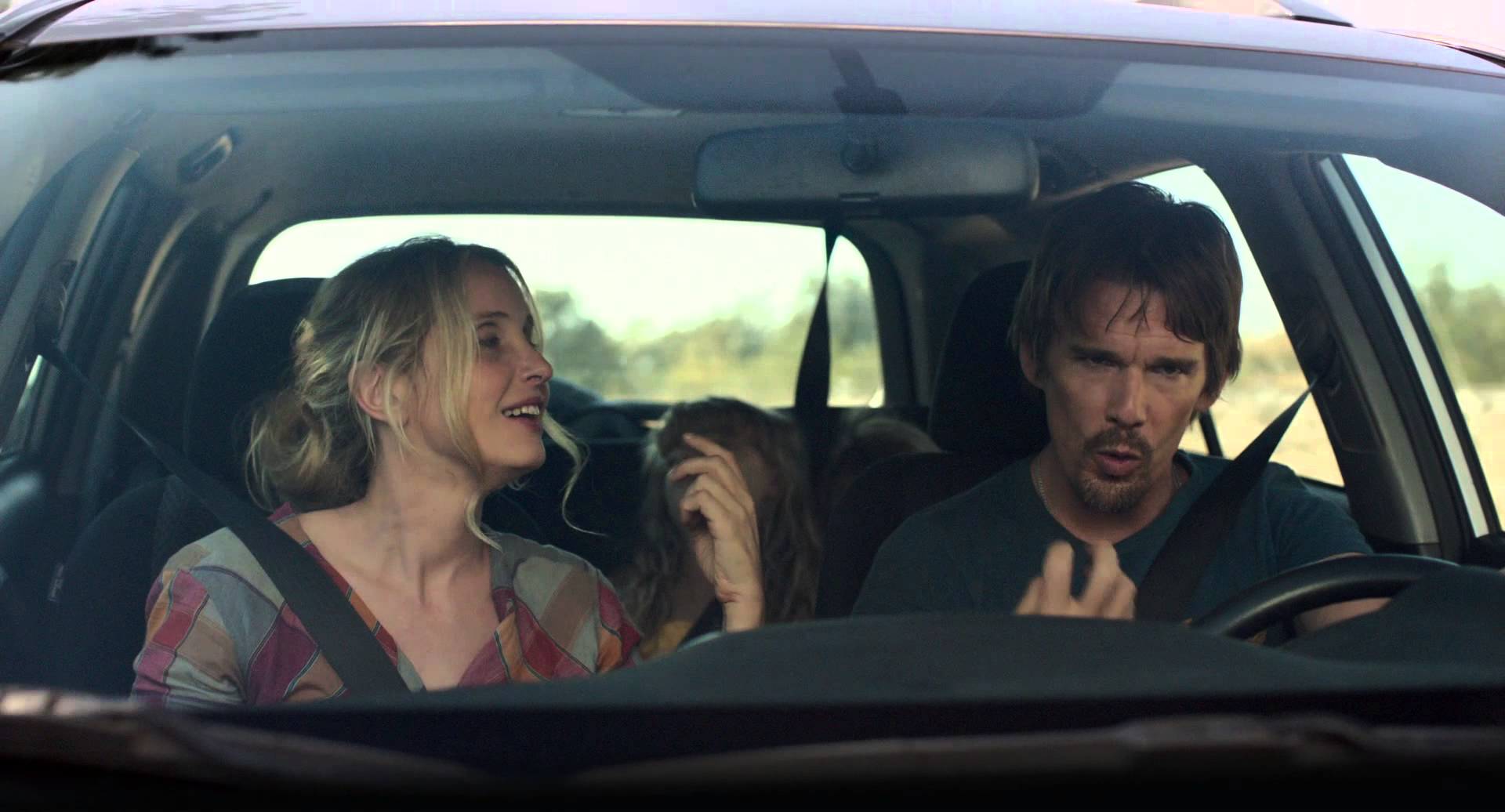
The experience of watching Before Midnight is like reconnecting with two friends you have known for decades. Friends that will squabble, joke, and ramble about anything and everything. But that’s the best part: listening to them talk. Set 9 years after Before Sunset and 18 years after Before Sunrise, the Before series continues its tradition of charmingly garrulous dialogue, yet it surpasses its—already excellent—predecessors by confronting the struggles of long term relationships. The warmth of a perfect connection from the previous films is still present but so are the cracks of reality that affect even the best relationships. This allows the film to continue to feel new and fresh while retaining the affection built up in earlier installments. The series, like love at its best, has grown stronger over time. Before Sunrise is great, Before Sunset is even better, and Before Midnight is incredible. It is, in my opinion, the best example of a sequel done right and easily the best film of the year.
Streaming options
Honorable Mentions: Enough Said, Nebraska, Captain Phillips, The Wolf of Wall Street.
